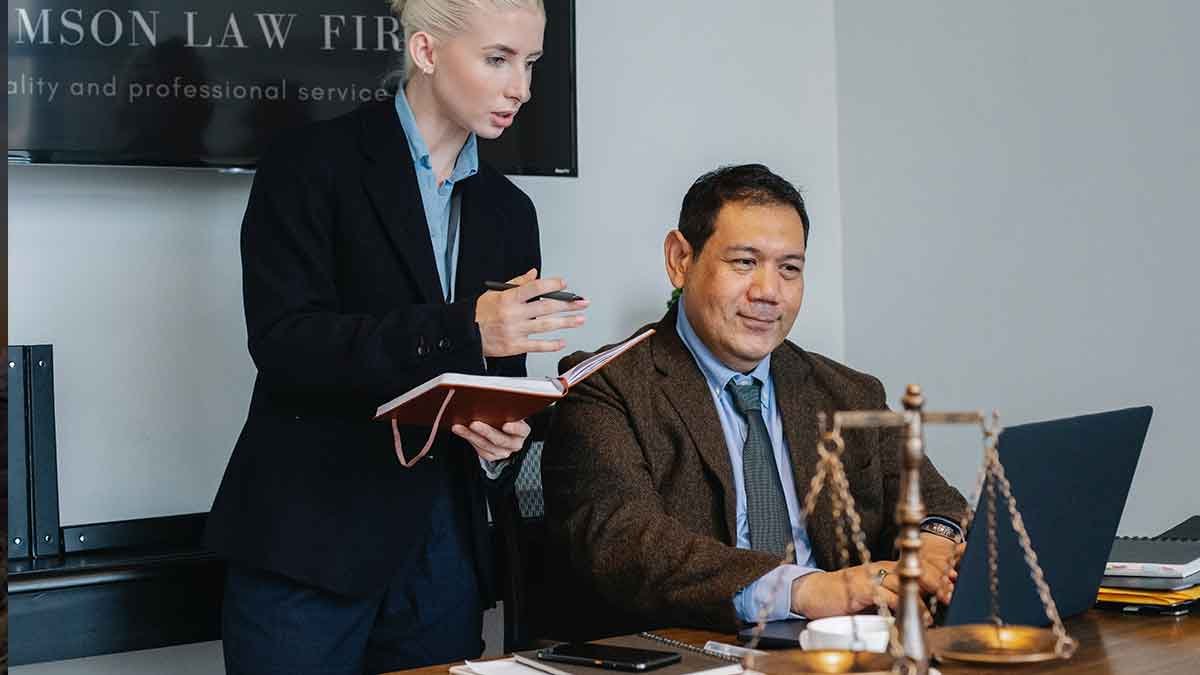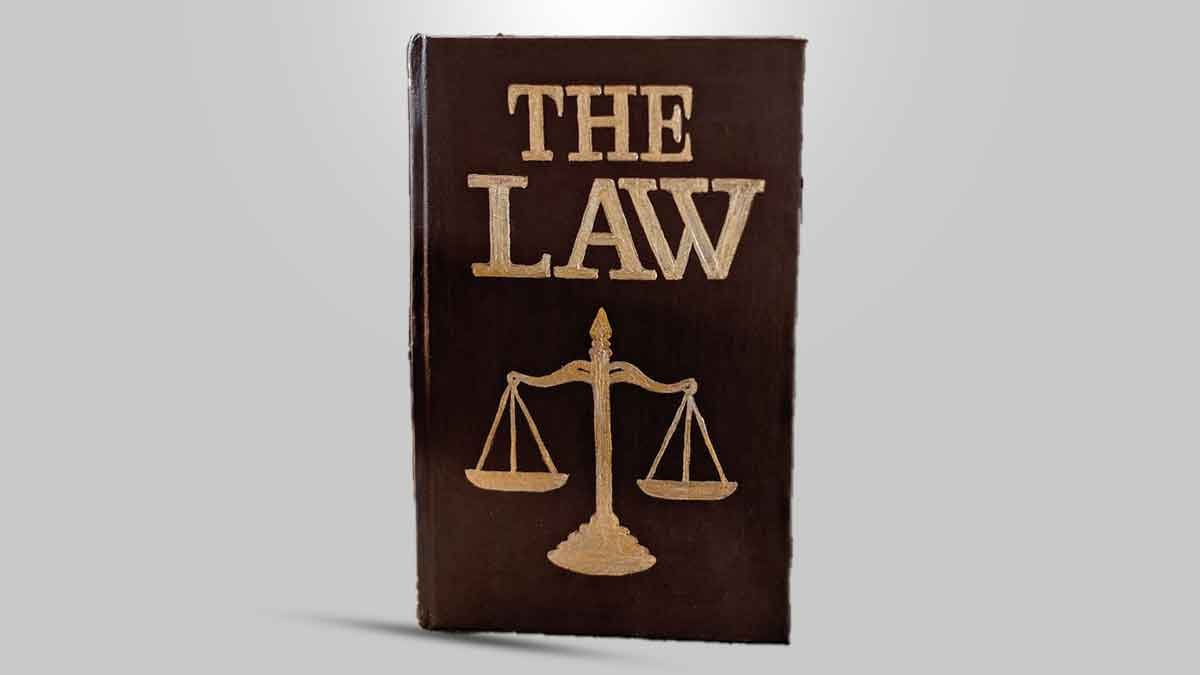Demystifying Legal Procedures: A Step-by-Step Guide
Legal procedures form the backbone of the justice system, encompassing various actions and protocols essential for maintaining order and resolving disputes within a society. These procedures, often complex and multifaceted, are crucial in ensuring fairness and justice. Understanding them is paramount for anyone involved in legal matters or seeking insight into the judicial process.
Table of Contents
Introduction to Legal Procedures
Legal procedures encompass a diverse array of protocols employed within the legal system to resolve conflicts, enforce rights, and uphold laws. These procedures are instrumental in navigating the complexities of the legal landscape, ensuring due process, and safeguarding the rights of individuals and entities.
Types of Legal Procedures
Legal procedures are broadly categorized into several types, each serving distinct purposes within the legal framework. They include civil, criminal, administrative, and specialized procedures, each with its unique set of rules and processes.
Civil Procedures: These resolve disputes between individuals or entities, focusing on compensation or enforcing rights. They include steps from initiating a lawsuit to the trial and subsequent actions.
Criminal Procedures: Actions taken by the state against individuals accused of committing criminal acts. This involves arrest, trial, and sentencing, ensuring justice and maintaining societal order.
Administrative Procedures: Pertaining to regulatory agencies and their functions, involving hearings, appeals, and reviews. They regulate compliance and resolve disputes in various sectors.
Specialized Procedures: Tailored to specific areas like family law, business, corporate matters, or intellectual property. Each area has its unique protocols and proceedings.
Understanding Civil Legal Procedures
Civil procedures are designed to resolve disputes between individuals or entities, focusing on seeking compensation or enforcing rights. From initiating a lawsuit to the trial and subsequent actions, civil legal procedures encompass a series of steps aimed at addressing grievances and reaching resolutions.
In contrast, criminal legal procedures involve actions taken by the state or governing bodies against individuals accused of committing criminal acts. From arrest and booking to trial and sentencing, these procedures are aimed at ensuring justice and maintaining societal order.
Insight into Administrative Legal Procedures
Administrative procedures pertain to regulatory agencies and their functions, involving hearings, appeals, and reviews. These procedures play a crucial role in overseeing compliance, addressing disputes, and regulating various sectors.
Specialized Legal Procedures
Apart from the fundamental categories, specialized legal procedures exist, catering to specific areas such as family law, business, corporate matters, and intellectual property. Each of these areas has its distinct set of protocols and proceedings.
Understanding these procedures requires navigating through various factors that influence them, including jurisdictional variations, changes in legal landscapes, and the impact of evolving technologies. Factors like jurisdictional differences often dictate the procedures’ nuances, emphasizing the importance of understanding local legal systems.
Navigating Legal Procedures: Tips and Insights
Successfully maneuvering through legal procedures demands proactive measures. Seeking legal counsel, understanding legal documents, and actively participating in legal matters are essential steps in ensuring a smooth process.
However, challenges and pitfalls abound in legal procedures, ranging from delays and procedural errors to financial burdens and emotional tolls on involved parties. These challenges highlight the need for vigilance and awareness throughout legal proceedings.
The Evolution of Legal Procedures
The evolution of legal procedures has been influenced by historical contexts and modern adaptations. Technological advancements, alternative dispute resolution mechanisms, and changing societal norms have all contributed to reshaping legal landscapes.
Adapting to Evolving Legal Landscapes
Embracing technological advancements and alternative dispute resolution methods are essential in adapting to the changing legal landscapes. These adaptations aim to streamline procedures, enhance accessibility, and expedite resolutions.
Conclusion
Demystifying legal procedures involves understanding the diverse facets, types, and factors influencing them. Navigating through legal processes demands awareness, proactive engagement, and a keen understanding of the evolving legal landscapes.
Read More: Decoding Criminal Law: Types and Consequences
Unique FAQs
Are legal procedures the same globally?
Legal procedures vary significantly across jurisdictions, often influenced by cultural, historical, and legislative differences.
Why is legal counsel crucial in legal procedures?
Legal counsel provides expertise, guidance, and representation, ensuring adherence to legal protocols and safeguarding individual rights.
How do technological advancements impact legal procedures?
Technology streamlines processes, enhances accessibility to legal resources, and introduces innovative tools for legal practitioners.
What are the common challenges individuals face in legal procedures?
Delays, procedural complexities, financial burdens, and emotional stress are common challenges encountered in legal proceedings.
Can alternative dispute resolution methods replace traditional legal procedures entirely?
While alternative methods offer efficient resolutions, traditional legal procedures remain integral, catering to diverse legal needs.





